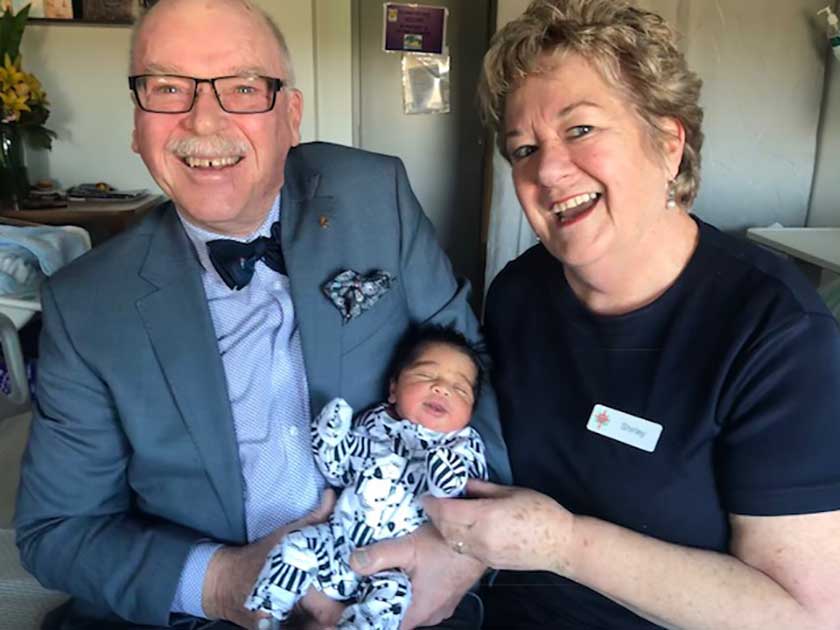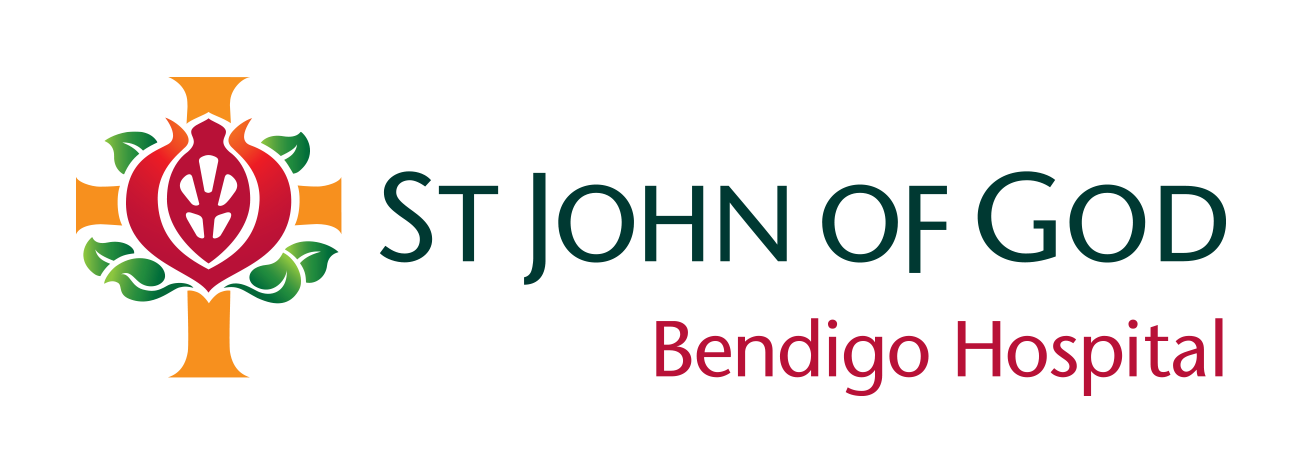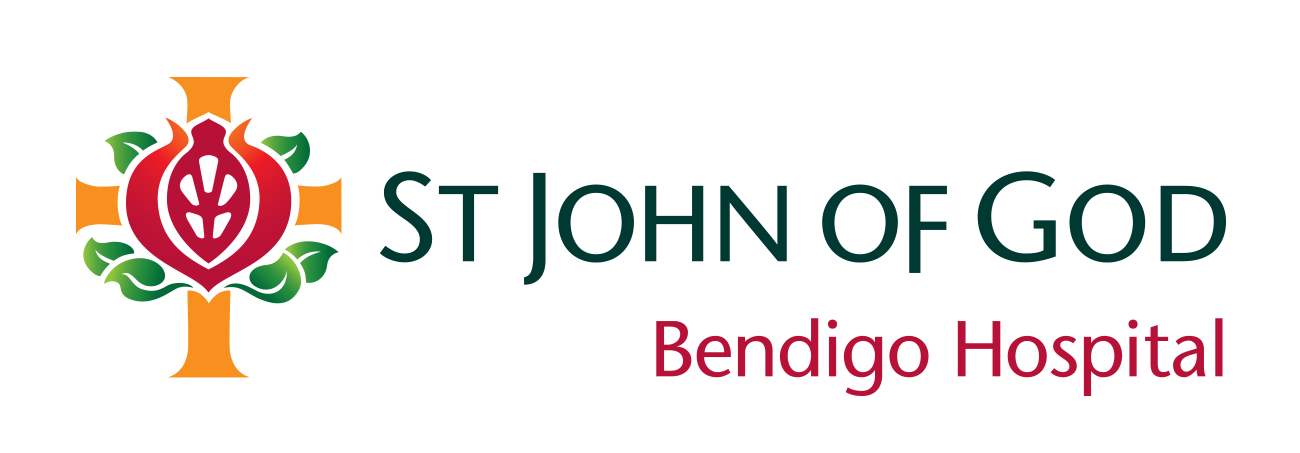Obstetrician Dr Robin Monro retires
For over 40 years, Dr Robin Monro has delivered babies in Bendigo and has seen many changes during that time. We sat down with Dr Monro for one last time to chat about his amazing career.
2 Aug 2018

How many babies have you delivered?
After 40 years as an obstetrician it is hard to estimate, but I think about 6,500 babies.
Where did you study and start your career?
I graduated Medicine at the University of Melbourne in 1969.
Following my internships I worked and studied in England for four years gaining membership of the Royal College of Obstetricians and Gynaecologists in January 1976.
I spent a year as an O&G Registrar for Professor Norman Beischer and was then invited to set up practice in Bendigo in March 1978.
What has been the biggest change in maternity care over your career?
1. Anaesthetic services
To provide effective pain relief during labour and caesarean sections, with epidurals and spinal blocks. As a younger doctor, I relied on opioid drugs during labour and a general anaesthetic for a caesarean section. Regional anaesthesia is now much safer for mother and baby.
2. Ultrasound technology
Ultrasound was in its infancy when I began my training, so I have seen it develop from a rudimentary investigation, seldom used, to a routine investigation providing scans with amazing detail and accuracy. Ultrasound is now an essential tool used for confirming dates and assessing the wellbeing of babies throughout a pregnancy.
3. Fetal heart monitoring
The importance of the fetal heart rate during labour has been recognised for a few hundred years and listening by an ear on the abdomen or using a fetal stethoscope has been a routine for midwives. Fetal heart monitoring became much more sophisticated during my career with the development of ultrasound and electronic monitoring. I was amongst the first doctors to use a fetal scalp electrode in 1972 and this is now standard practice to assess the wellbeing of a baby during labour.
4. Prostaglandin hormones
Prostagladins now perform a vital role in miscarriage, pre-labour and labour and in post-partum haemorrhage. Initially, doctors required a licence to prescribe prostaglandins in private practice. My licence was number seven in Australia.
5. Fathers
When I started practice in Bendigo, some fathers came into the labour ward when their partners were about to give birth. Many waited outside, getting ready to hand out cigars. Now fathers are expected in the birth suite during the labour and birth. Other family members are also welcome.
On one occasion, I was attending a lady having her eighth baby. Her husband was by her side and her other seven children, dressed in white gowns like little angels, stood in a semicircle at the foot of the bed. It was a joyous sight and experience.
I remember looking around before starting a caesarean section for twins and counting thirteen other people in the theatre - paediatricians, anaesthetists, nurses, theatre orderlies and cleaning staff but not the father. It is recognised that the presence of the father at a birth is an important bonding experience but it wasn't until the late 80's that they were permitted into theatre for that purpose during a caesarean section.
Career highlights
My immediate thoughts are of the wonderful patients, midwives and colleagues I have worked with over the years.
Every successful delivery of a healthy baby to a happy, healthy mother was a highlight and brought me great joy.
On the gynaecological side there have been many highlights but I consider the most significant was that I performed the first laparoscopic hysterectomy in rural Victoria nearly 25 years ago; a procedure which is now quite common to any gynaecology operating list.
I have been fortunate and obtained much delight in teaching midwives, young doctors and medical students throughout my career and hope that my efforts have been of significant benefit to help them all achieve a fruitful and rewarding vocation.
I would like to make special mention of all the wonderful midwives I have taught and worked with.
They have my greatest admiration in the way they attend to mothers during their pregnancy, labour and delivery with amazing patience, care and skill. They are a band of angels.
I have had a wonderful career of which, on reflection, I can be proud.
I treasure the support of my wife and family and their understanding that I could not always be at home or with them on family occasions.
After 40 years working in Bendigo and being involved with so many families, I hope I can now be regarded as a local.
You may be interested in

